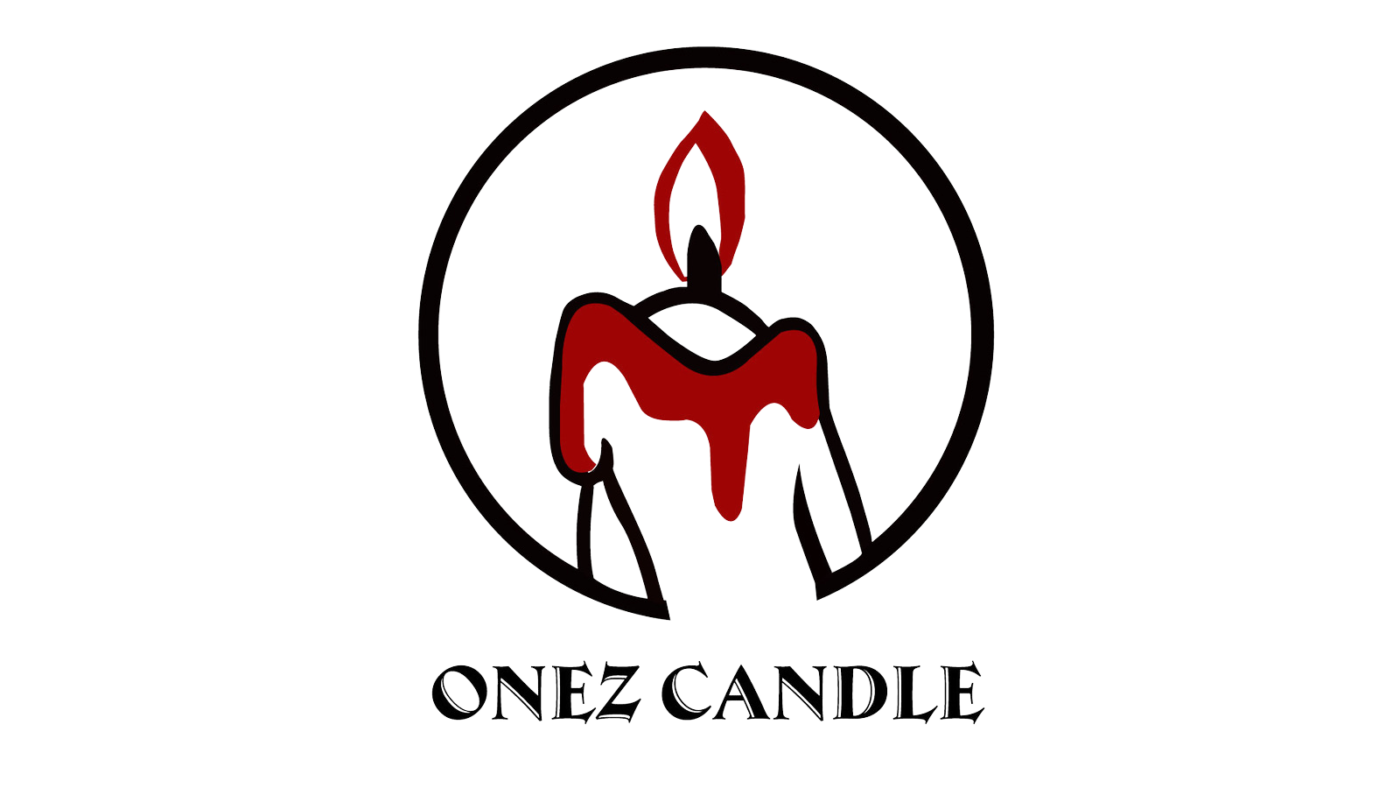Sober living
Sober Living Guide

Level four sober homes are typically a branch of a larger organization with a hierarchy of authority. Resident stays are shorter at this level but with the most intense format. Therapeutic Communities (TCs) are an example of level four sober home living. They will be able to discuss the best available options and can help locate nearby locations.
Typical Day at a Sober Living Home
- Due to how interchangeably these terms are used, it is important to ask questions about expectations and structure to determine which home is the right fit for you.
- The homes usually include a kitchen, common areas and laundry accommodations.
- Watch the video to see what it is like living in a sober house and residents of a sober house engage in fun activities.
The amenities are top-notch, and the facilities are clean and comfortable. There’s plenty of space for residents to relax and unwind, and the property is located close to many great restaurants and cafes. Some homes are also covered by private insurance, government funding, and Medicaid. The amount covered by your insurance policy will depend on your plan. If you fail to comply with these rules, they can deny you services and ask you to leave.
What Amenities Do Sober Living Homes Offer?

This indicates the need for greater health education of drug users and the implementation of relapse and overdose death prevention programs. Sober living houses can assist in educating drug users and reducing the chance of relapse. One study into Oxford House recovery homes found that they reduce relapse by providing closer monitoring and referring additional services to residents with a history of severe addiction.
What Is A Sober Living House?
In her clinical work, she specializes in treating people of color experiencing anxiety, depression, and trauma through depth therapy and EMDR (eye movement desensitization and reprocessing) trauma therapy. Leaving the structure of the treatment program can be very disruptive to your sobriety, so treatment programs have strict schedules filled with counseling, group therapy, and participatory activities. Other benefits include being around others who are at what is a sober house the same point in the recovery process, as well as one or two staff members who reside with the residents and are professionally trained. Residents are required to maintain a job or continue their education, and there are usually weekly group meetings. It is one of the few sober homes specifically for women in the North Shore region of Massachusetts. Our Somerville home is a spacious two family, close by the MBTA with a great sober-family of residents.
How to Find the Perfect Sober Living Home
However, some halfway houses are designed to reduce drug relapse rates for high-risk individuals leaving incarceration. American Addiction Centers offers two sober living programs at the Oxford Treatment Center in Mississippi and the Greenhouse Treatment Center in Texas. Admissions navigators are available 24/7 at these treatment centers and all AAC facilities to answer any questions about sober living, verifying insurance benefits, or other addiction recovery needs. Call today and find out how sober living housing may benefit your recovery journey. Both sober living homes and halfway houses support people recovering from substance use disorders. Both of them also offer access to resources that can help you with early recovery.

How Much Does Sober Living Cost?
Many sober living homes in Los Angeles offer some or all of these services and require residents to follow an intensive schedule geared toward recovery. These more hands-on facilities are known as structured sober living. Most residents find a job to pay out of pocket or set up a payment plan with the home. Some sober living homes are covered by private insurance, government funding or Medicaid. Some residents also pay for sober housing through scholarships, loans or credit cards.
How Sober Living Houses Work

As residents end their stay, many sober living homes offer or guide them to reintegration resources. These can include job placement services, educational opportunities, or counseling, ensuring a smoother transition back to mainstream society. Extended stays allow individuals more time to adjust to normal life in stages. It’s a buffer that provides an opportunity to practice sobriety skills in a less intensive yet still structured environment before facing the broader challenges of the outside world. Sober living homes are an effective resource for individuals who have completed treatment and are ready to begin their lives in recovery.
- Those searching for the right sober living home should look for facilities with reputable staff, and a safe and productive living environment and culture.
- However, there are mixed-gender homes and homes that specifically cater to LGBTQ+ people.
- Anyone who wants to stop drinking alcohol or using drugs should consider joining a sober living community.
The Goals of Sober Living Houses
Without the supervision and structure of a treatment program, a person in recovery can be tempted to return to old habits. The risk of relapse is particularly high in the first few months following treatment. Studies have identified that 65% to 70% of people relapse within the initial 90-day period.
Sober Homes
- One study into Oxford House recovery homes found that they reduce relapse by providing closer monitoring and referring additional services to residents with a history of severe addiction.
- The specific number of treatment days covered, in- versus out-of-network costs, and coverage for specific interventions often vary per insurance plan.
- Both residences provide a space where people can live as a group and ease themselves back into daily life following a stint away from home.
- Eddy Krumpotich, a harm reduction advocate and founder of the Minnesota Harm Reduction Collaborative, worked with Abderholden on pressing for the legislation.
- Sober living houses are usually peer-run facilities encouraging continued substance use disorder recovery.
Residents may sleep in dorms, and attendance can be court-ordered for a set period. The licensing of sober living houses varies across states, and not all states require formal https://ecosoberhouse.com/ licensing for these facilities. While some states have established regulatory frameworks for oversight, others may have limited or no specific regulations in place.
